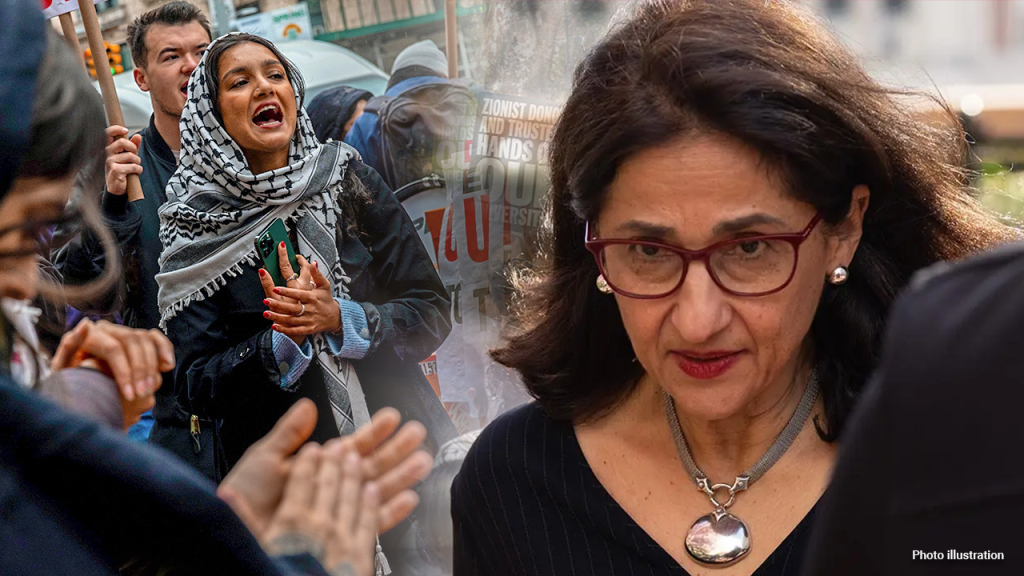Columbia University’s President Minouche Shafik addressed the ongoing anti-Israel protests that have been causing turmoil on campus, referring to the past two weeks as some of the most difficult in the university’s history. She acknowledged the impact the protests have had on the entire community, particularly on students who have missed out on the final days of the school year. Shafik emphasized the importance of Columbia being a welcoming and safe community for everyone, regardless of their views on any issue. She expressed her confidence in the students’ intelligence, thoughtfulness, and kindness, while encouraging a greater openness to differing perspectives to bridge divides within the university.
The anti-Israel protests at Columbia escalated when protesters illegally occupied the Hamilton Hall administration building, leading to a police raid to clear the demonstrators. Shafik revealed that the university had made efforts to resolve the encampment peacefully through dialogue, but their offers were not accepted. She condemned the violence that occurred during the occupation of the building, stating that it put both students and protesters at risk. Despite the damage caused by the protest, Shafik remains hopeful and optimistic about building a stronger and more united community on campus. She highlighted the need for more empathy and understanding toward differing viewpoints to break down the walls that have divided conversations at Columbia.
Shafik, who was born in Egypt and has a diverse background, shared her experiences of working with people from various nationalities and religions throughout her career. She emphasized the importance of bridging divides and understanding different perspectives in order to achieve common goals. While she acknowledged the long-standing issues of the Israeli-Palestinian conflict, antisemitism, and Islamophobia, she believes that Columbia can lead by example in promoting civil discourse and compassion for one another. Shafik expressed her commitment to working with the Columbia community to rebuild a sense of unity and community on campus amidst the ongoing challenges and calls for her resignation.
In response to the protests and the handling of the situation by President Shafik, a group of Columbia faculty has called for a vote of no confidence against her. Despite facing pressure to resign, Shafik remains determined to address the issues facing the university and work towards creating a more inclusive and respectful environment for all members of the community. She closed her address by reaffirming her dedication to rebuilding the sense of community at Columbia and fostering a culture of understanding, empathy, and openness to different viewpoints. The university continues to navigate the aftermath of the protests, seeking to heal divisions and move forward in a positive direction for the benefit of all students, faculty, and staff.


